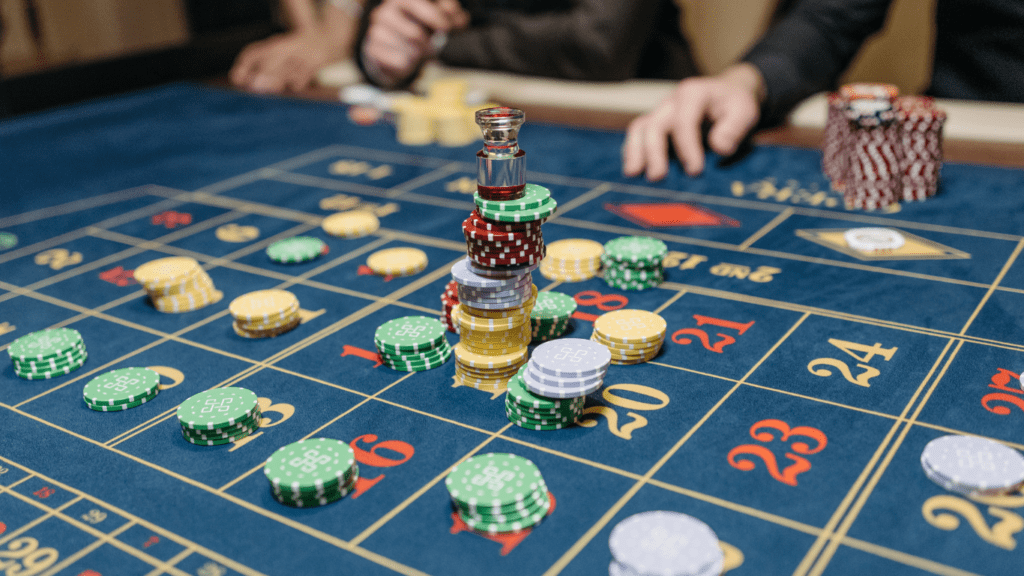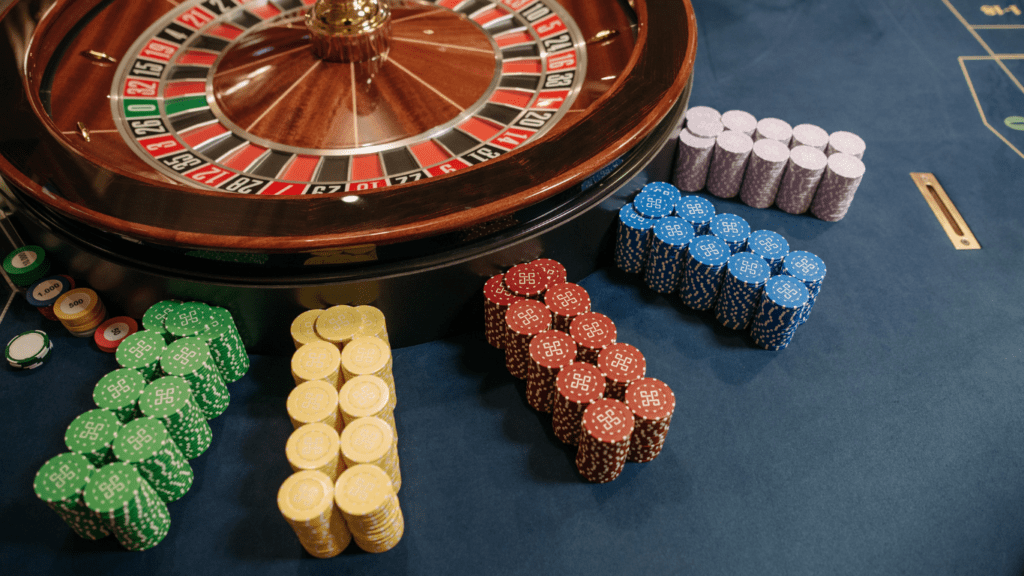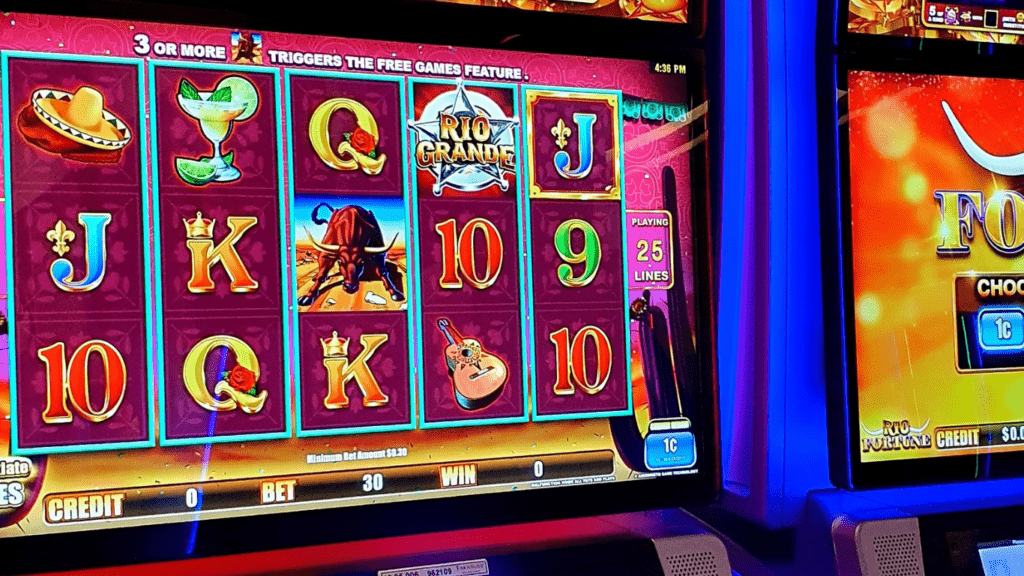Understanding the Martingale System
The Martingale System represents one of the most straightforward betting strategies used in casino games. By doubling the bet after each loss, players aim to recover previous losses and gain a profit equal to the original stake.
Origin and History
The Martingale System has origins in 18th-century France, where it became popular among gamblers seeking a reliable way to secure wins. Initially, it was designed for simple, even-money betting games, like coin tosses. Paul Pierre Lévy, a renowned French mathematician, discussed this strategy, acknowledging its theoretical appeal. Over time, it gained popularity in various European casinos before spreading worldwide, becoming a mainstay in gaming culture.
Basic Principles
The basic principles of the Martingale System involve doubling the bet after every loss to eventually achieve a win that recovers all previous losses and ensures a profit equal to the original bet. Players often start with a small wager on even-money games including:
- roulette on red or black
- odd or even numbers
- baccarat
If a bet is lost, the player doubles the wager on the next round. The theory relies on a winning outcome eventually occurring, where the win offsets all prior losses. However, this approach overlooks table limits and the potential for substantial losses during long losing streaks.
Application in Casino Games
The Martingale System finds application in various casino games, drawing interest from players looking for predictable outcomes. Despite its theoretical appeal, practical challenges often arise.
Common Games Using the Martingale System

Many players use the Martingale System in games with even-money bets to maximize their winning chances.
Roulette tops the list, especially on bets like red or black, odd or even, where the payout is nearly 1:1.
Blackjack is another favorite, despite requiring a more strategic approach due to fluctuating odds based on card hands.
Baccarat, known for its simplicity, also sees the strategy, as players bet on banker or player outcomes.
Craps offers opportunities on pass or don’t pass line bets, appealing to those sticking to the strategy’s framework.
Although less common, sports betting sometimes employs the system to manage bets on point spreads or moneylines. It’s crucial for players to be aware of table limits and bankroll constraints when applying the strategy in these games.
Real-world Examples
In practice, the Martingale System has mixed success stories. During a notable instance, in 2006, Ashley Revell famously sold all his possessions to bet on red in roulette, doubling his investment when the number six came up.
Casinos like Monte Carlo report instances where players have succeeded in short streaks but faced significant losses over long periods. Stories often circulate where players face ruin after prolonged losses or hit table limits, overriding any potential winnings.
In online casinos, the Martingale System gains traction due to more flexible betting limits, but players still recount both thrilling wins and crushing losses, underscoring the importance of risk management. Observations suggest while short-term gains appear possible, long-term success remains elusive with this strategy.
Pros and Cons of the Martingale System
The Martingale System draws attention for its straightforward approach to betting, yet its implications necessitate deeper analysis. Let’s examine the potential advantages and disadvantages associated with this strategy.
Advantages
- Simplicity: The system’s basic principle is to double your bet after a loss, making it easy for anyone to understand and implement without requiring complex calculations or decisions.
- Initial Wins: Short-term wins often occur due to the nature of the system promising a chance to quickly recover losses and achieve a profit equal to the initial stake.
- Psychological Appeal: Gamblers may find solace in pursuing a strategy that suggests overcoming a streak of losses is possible through perseverance, providing a sense of control over the game.
Disadvantage
- Risk of Significant Losses: The system risks substantial losses during extended losing streaks as bets exponentially increase, which can quickly deplete a player’s bankroll.
- Table Limits: Casinos impose table limits that can prevent players from doubling their bets indefinitely, ultimately undermining the strategy during prolonged losing streaks.
- Illusion of Guarantee: The perceived certainty of winning eventually can lure players into a false sense of security, ignoring the statistical variance inherent in casino games.
Understanding the full scope of the Martingale System’s attributes enhances decision-making when considering its application in casino games.
Mathematical Analysis
The Martingale System, a frequently used betting strategy, draws heavily on principles of probability and statistics to influence its perceived effectiveness.
Probability and Statistics
The Martingale System relies on probabilities present in even-money games, such as roulette’s red or black outcome. Each game event is independent, so previous results do not affect future probabilities. For instance, the chance of landing on red or black in roulette remains roughly 47.4%, accounting for the zero or double zero in American roulette. Despite this, the player’s hope is to eventually achieve a win after a series of losses.
Statistics show that successive losses often lead to exponential bet increases. An eight-loss streak isn’t uncommon, and betting $1 initially, would lead to a $256 bet. This rapid escalation highlights the statistical risk inherent in the Martingale System, potentially leading to significant losses and exhausted bankrolls.
Long-term Outcomes
Over the long term, the Martingale System encounters several limitations that mathematics clearly illustrates. Theoretically, if bankrolls and potential bets were infinite, players could eventually win; however, practical constraints such as table limits and finite funds create barriers. As losses compound, reaching a table limit confines further bet doubling, preventing loss recovery through subsequent victories.
Many who begin with short-term wins eventually face long-term losses, as streaks of unfavorable outcomes can wipe out earlier gains. The concept of expected value, favoring the house due to the presence of the house edge in games, further diminishes the system’s efficacy, underscoring that while the Martingale System holds short-term allure, its long-term financial viability stands challenged.



